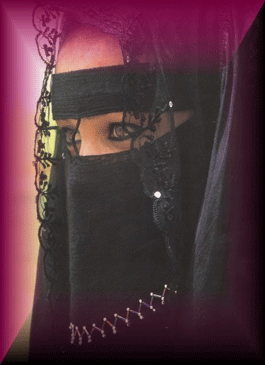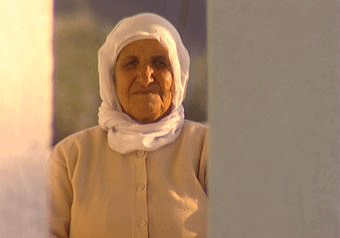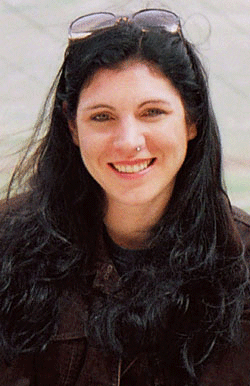
One thing that ethical reflection by most Muslims, Christians and feminists can agree upon is that female sexuality in advertising is degrading to women, turning them into objects for the male gaze. There is no question that sex sells and not just on Madison Avenue. A recent video commercial for Wall’s Magnum chocolate bar, starring Pakistani model Neha Ahmed, is as suggestive as any MTV video. Indeed Bollywood rivals Hollywood in depicting the female body as a focus of attraction. But exploitation is not only from companies out to make a buck by subliminally changing the letter “b” to the letter “f.” Sometimes those sincere individuals who think they are defending women’s honor end up reinforcing the stereotype. Such is the case for the image pictured above and posted on an Islamic website. There are many reasons why a woman would choose to wear hijab, but in this metaphor their gender takes a licking. The issue is not the wrapping, whether hijab or sticky paper, but the fact that flies will go for the candy no matter what you try to do. Does it occur to the creator of this image that the problem is not with candy, which is tasteful in the right context, but the nuisance of unzipped flies. Someone go find the fly swatter, please.
Luke R. E. Publican






